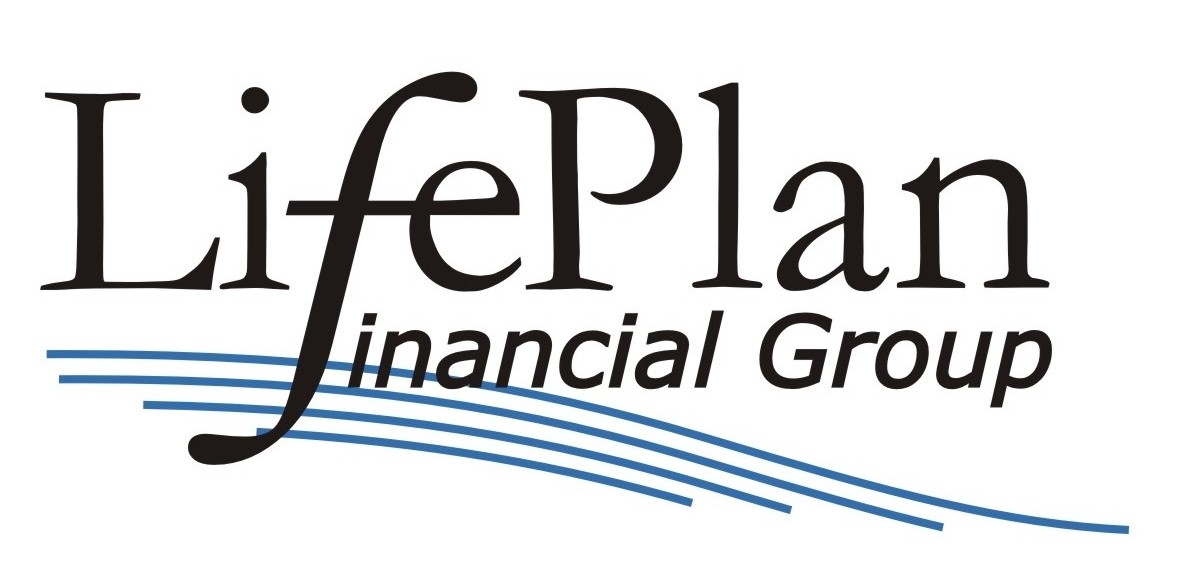3 Things to Ask When Looking for a Financial Advisor
/Congratulations! You just got a new job, a new home, got married, or received unexpected money. On the flip side, perhaps life has thrown a curveball and you have the temporary setback of losing a job or a loved one. Life is always changing and your finances can be drastically affected by any of these situations and more. Throughout life’s phases, having one constant in the form of a financial advisor that you can really trust, will make all of the difference.
Studies show that those who work with a financial advisor for an extended period of time are more likely to have growth in financial assets. ADVOCIS, The Financial Advisors Association of Canada, shares the value of having financial advice throughout the entire life cycle of Canadians here.
This pattern, however, will only hold true if you are comfortable with your advisor and trust them to act in your best interests. When looking for an advisor, it is encouraged to ask them questions to see if they are a good fit. The better a fit they are, the easier it will be to have those difficult conversations and to make important financial decisions. PPI suggests the following questions to ask:
1. Needs Assessment
· Ask how an advisor will determine your financial needs. They should ask you questions related to your goals, income, assets/liabilities and retirement plans. Without doing the research to understand where you are coming from, assumptions may be made resulting in a financial plan that doesn’t meet your goals.
2. Privacy Protection
· As a result of such thorough questions in a financial advisor’s needs assessment, they will have a lot of your personal information on file. Do not hesitate to ask them what procedures they have to ensure that it is kept confidential.
3. Compensation
· You can always ask advisors how their business operates and how they get paid. Often an advisor will have a document outlining where they do business, who they represent, and how they get paid.
If any of an advisor’s responses to these questions make you feel uncomfortable, consider working with another advisor. The value of good advice is too high to pass up just because you feel uncomfortable with a particular advisor. There are many honest, hard-working, and critically helpful financial advisors who would be more than happy to help you. If you are looking for an advisor, do not hesitate to contact us today and we will find a good match for you!
Lifeplan Financial is a locally owned Managing General Agency (MGA) in Victoria and we work hard to give advisors the tools they need to succeed across all of British Columbia. We give our advisors the independence they need with the support they deserve. “Because Your Success… is Our Success.”
















